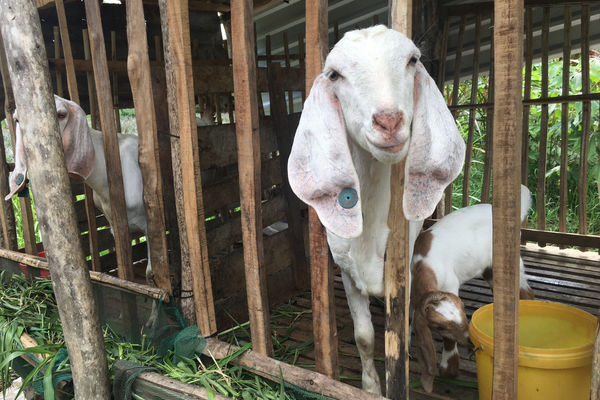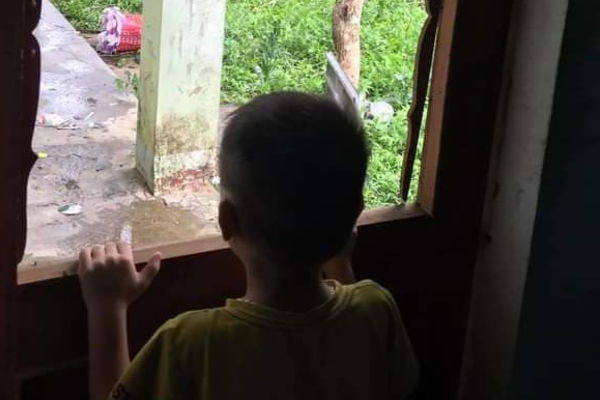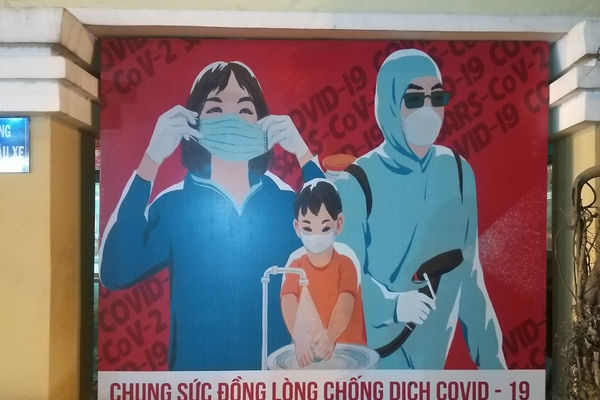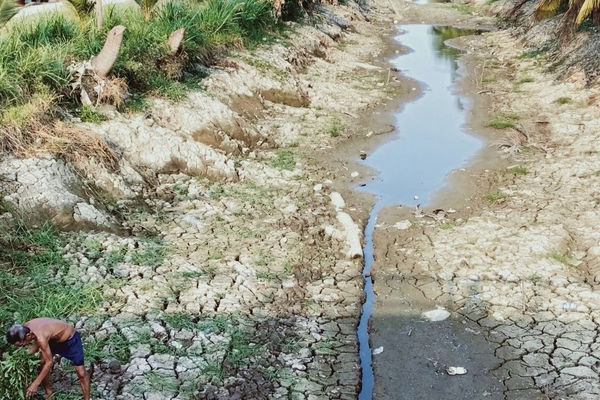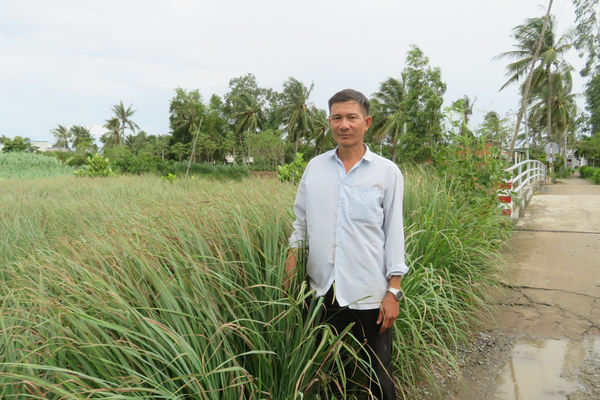| Current project peiord | 2018-2022 |
| Main partners |
|
| Main outcomes |
|
| How to measure impact? |
|
The Mekong Delta ranks amongst one of the worst affected geographic areas in the world in terms of experiencing negative effects of climate change, such as flood, drought, saline intrusion due to rising seawater level, riverbank collapse, storm-surge and other climate related risks. These facts are widely acknowledged and are also being experienced by local farmers and reported from local communities where The Mission Alliance work.
The people we work with are deeply concerned about crops failing and lack of food and income, and a situation that only seems to be worsening. People with disabilities and women-led households are especially vulnerable in this situation. An underlying problem is that people lack coping skills. Traditional solutions are no longer working. People do not know what kind of livelihood they should invest in. Lack of knowledge also leads to experimental solutions, for example overuse of chemicals which again leads to polluted environment. Insecure livelihoods and lack of alternative income also leads to urban migration.
The objective of the programme is that by 2022, NMAV and partners will strengthen climate change resilience for 470,000 vulnerable people in Mekong. On a short and medium term, people will adapt new climate smart livelihood models. On a longer term, people will have improved their welfare through increasing their income.
The underlying government policies on climate change adaptation and disaster risk reduction are good, however, it is the implementation of these policies which is a challenge. An important component of the work will therefore be to create knowledge about both policies and advocate for alternative praxis, among local authorities, local communities, school children and teachers. In addition to increasing knowledge and awareness we will provide technical support and develop skills so that people can diversify their income and adapt new, more robust livelihoods. Loans from MOM or through Village Savings and Loans Association (VSLA) groups will be an important tool to support this change, combined with strengthening knowledge and capacity.
This is what we will do
Some key activities will be to identify, develop, test and implement climate smart livelihood models, train loan takers on climate smart entrepreneurship, support business plan development, assess climate related risks, establish community monitoring groups, develop training materials for school children and teachers, support school-related events.
It is important that all parts of society get equal opportunities to build climate change resilience. The long-term goal of achieving gender equality and social inclusion for marginalized groups can only be reached through addressing root causes of inequality, such as income inequality, and though increasing knowledge and awareness on gender equality and inclusion of people with disabilities and ethnic minorities, in schools and in the broader society. We will work on this through school related events, training of students and teachers and the school representatives.
In a longer perspective farmers and young women will have better coping mechanisms so that they do not suffer from a massive lack of income and food during climate related hazards. Their overall welfare is sustained through stable, diversified income. School children, including children with disabilities and ethnic minorities, will be prepared for disasters and able to respond adequately in times of crisis. Local communities will ensure equal participation addressing gender equality and inclusion of people with disabilities.
Through schools and the widespread network of Women Union, 10,000 students and 60,000 households will be trained to strengthen their ability to cope with the effects of a changing climate. We will collaborate with local partners and build on existing local climate change resilience experience to provide the best possible training and advice.
Together with our Microfinance institution and through Saving and Loaning groups loans and training will be provided to more than 57 000 poor women. The women can increase their income and improve their life conditions through diversified and sustainable climate smart livelihoods. Increased income will make the women more able to cope with climate related hazards. We will also mobilize a network of local climate monitoring groups that can work together with local authorities.
